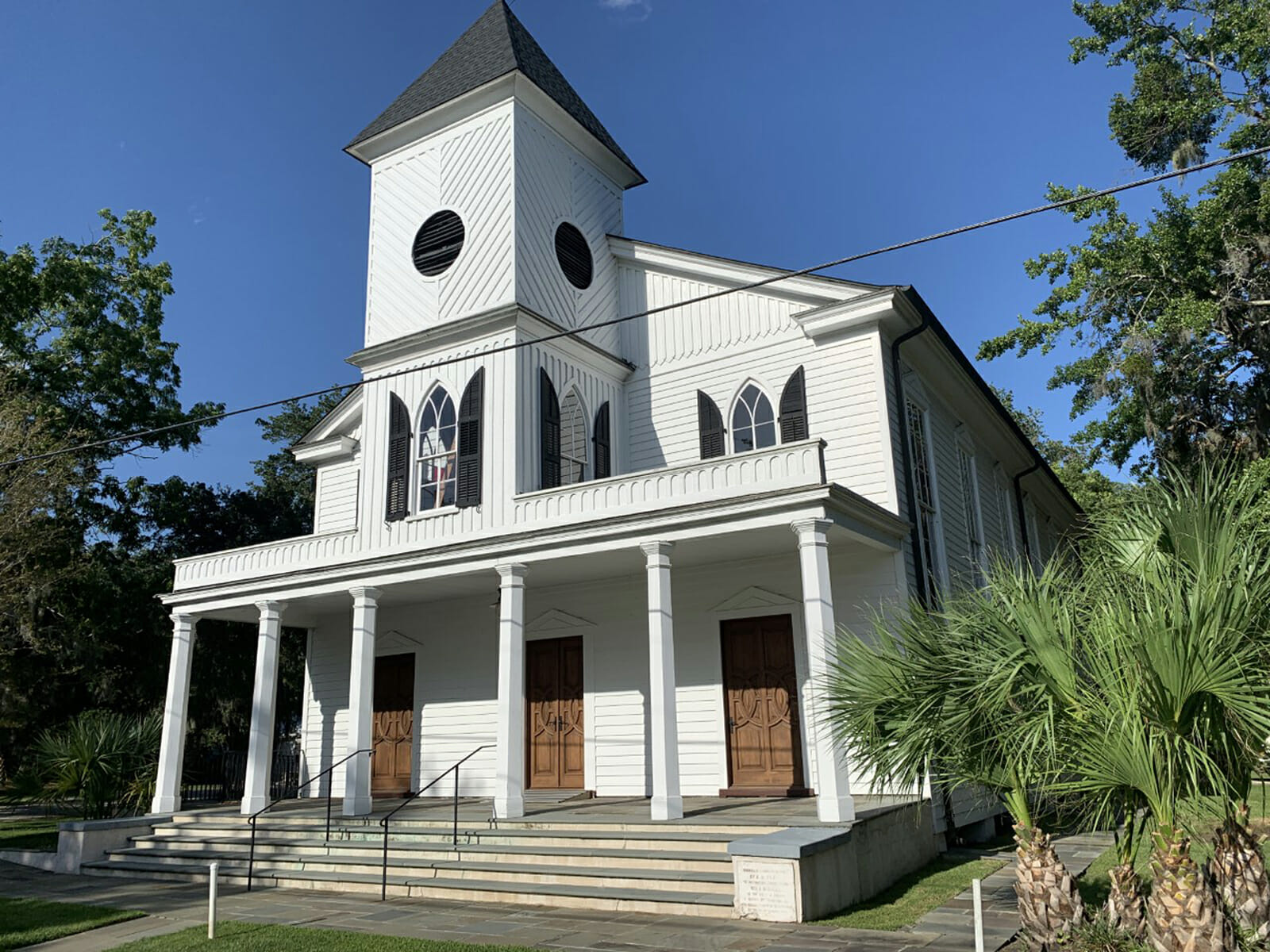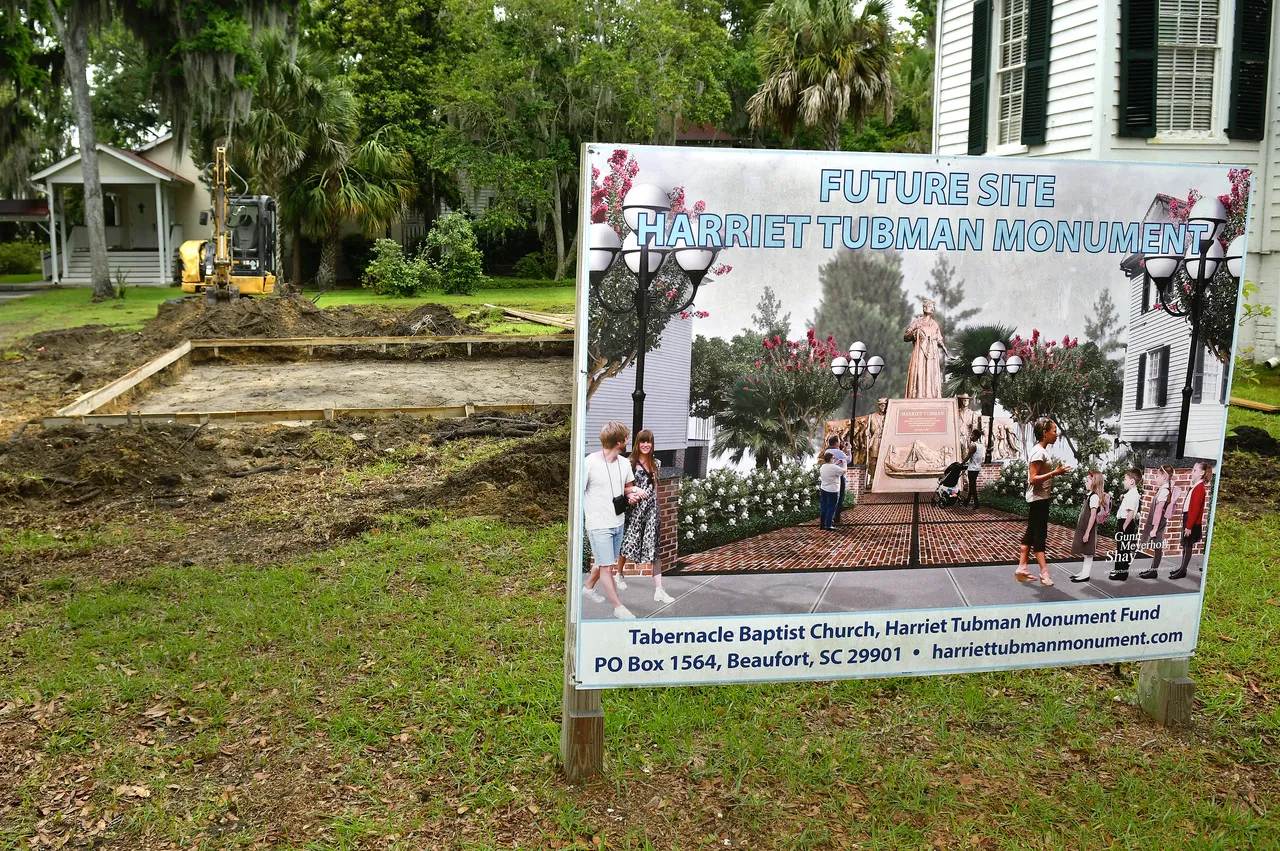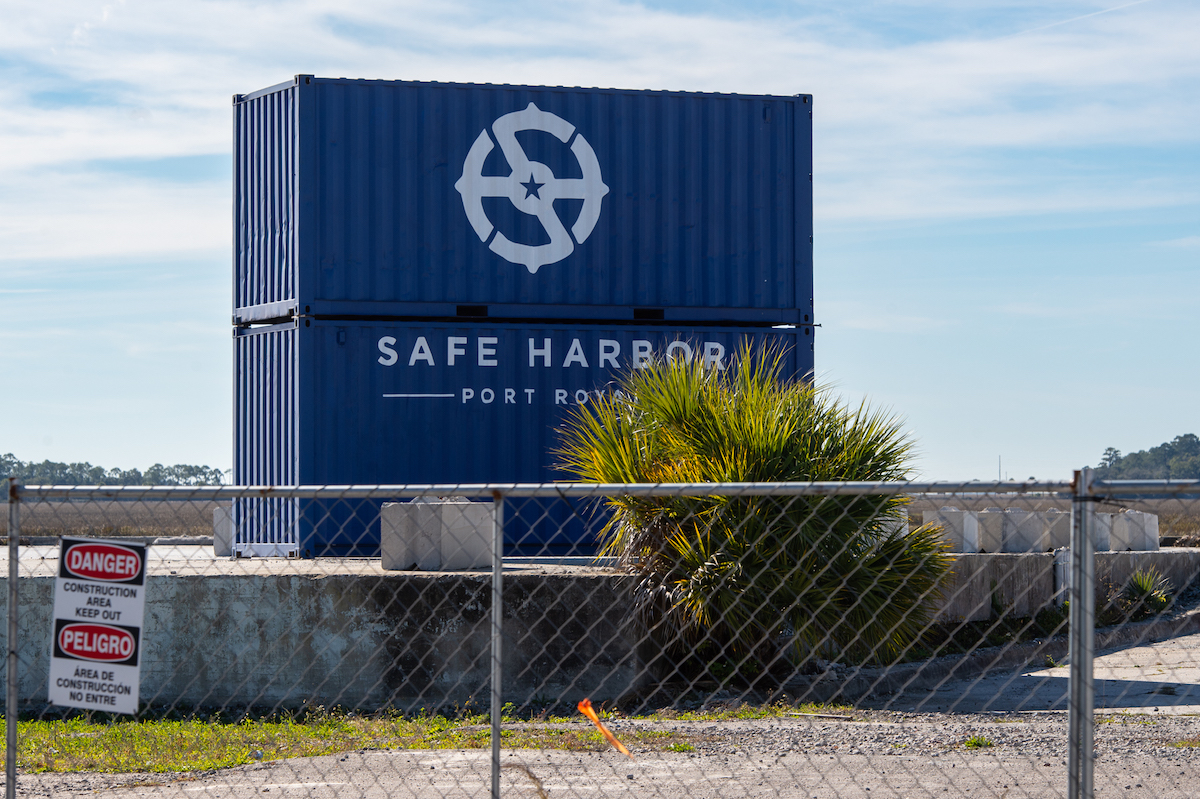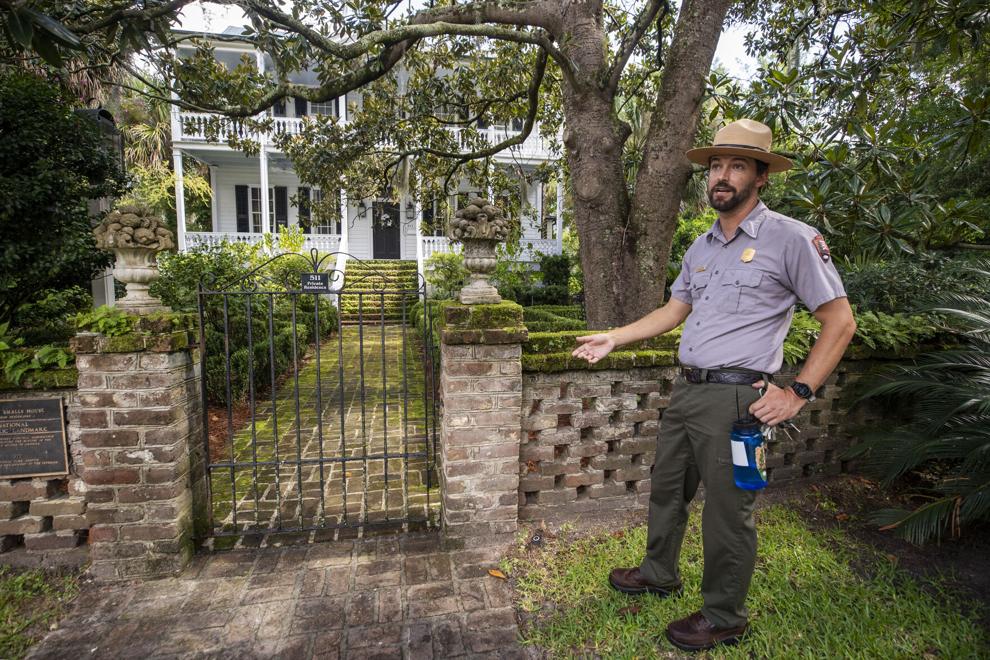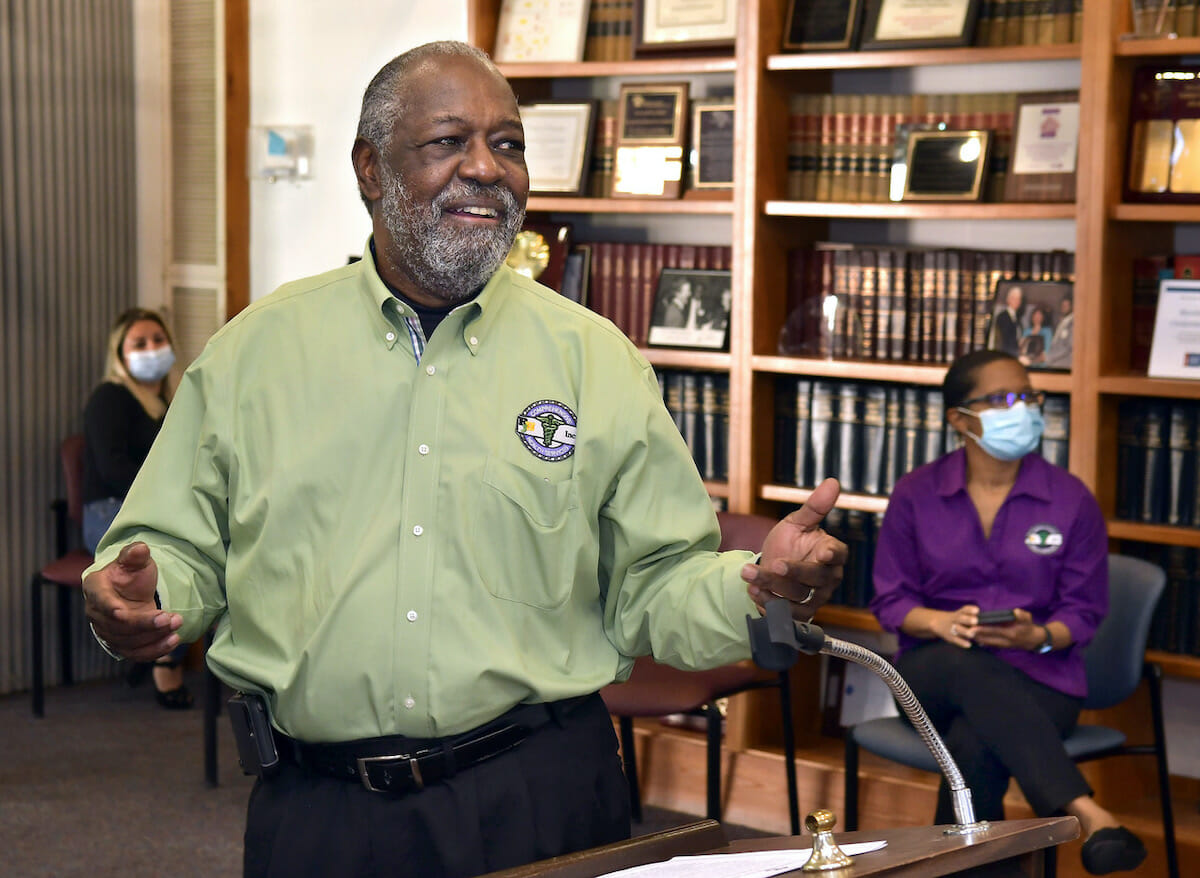By Tony Kukulich
The City of Beaufort is home to three of the four sites recently added to the Reconstruction Era National Historic Network the National Park Service (NPS) announced last week.
The network’s four new additions are: the First African Baptist Church; the Tabernacle Baptist Church; the Robert Smalls House and Historic Brattonsville in York County.
“The City of Beaufort is excited about the addition of these properties to the Reconstruction Era National Historic Network,” said Mayor Stephen Murray. “These sites are important structures in the story and lessons of Reconstruction, and we’re grateful to the National Park Service for their continued commitment to preserving and promoting this unique chapter in American history.”
The Reconstruction Era National Historic Network connects sites across the country that provide education, interpretation and research related to the Reconstruction Era, which ran from 1861 to 1900. It is managed by Reconstruction Era National Historical Park and was created by the passage of the John D. Dingell, Jr. Conservation, Management, and Recreation Act in 2019. While the network is managed by the NPS, the sites that comprise the network remain under the control of the public or private entities that own them.
“A lot of what is included in Reconstruction Era National Historical Park is based on what happened in the Beaufort area and the Port Royal Experiment,” explained Nathan Betcher, NPS historian. “The national network sort of expands on that and really brings to light sites and properties across the nation that had an effect on Reconstruction. A lot of people have the idea that Reconstruction is limited to the South, but in fact, Reconstruction happened coast to coast.”
There are currently 16 South Carolina sites – of 77 total – in the network that spans 28 states and the District of Columbia. Sites include private properties, historically Black colleges and universities and nonprofit locations. Inclusion in the network starts with property owners or managers applying to the NPS and selection is based on how the location is tied to Reconstruction and how the story of Reconstruction is told at the site.
“There are sort of two avenues,” Betcher said. “You can be listed on the National Register of Historic Places and have a tie to Reconstruction. Or, you can be a research center, academic or museum-type site that tells the story of Reconstruction.”
Applications for inclusion are reviewed by four NPS staff members on a quarterly basis. The requests are researched by the staff before a final determination is made. No direct funding is provided by the park service to the sites included in the network. However, the park service acts as a clearinghouse for information about available grants, and that information is disseminated to the entire network. There are other benefits, as well.
“If you are a nonprofit, and you are running a museum or a small site, it gets you national visibility,” Betcher said. “It gets you nationally listed with major national parks. You get your name up there with Yellowstone National Park. That’s a big get for some of these places.”
The next review of applications for inclusion in the network is scheduled for the end of April. According to Betcher, several Upstate properties are being considered in the next review. Applications from some Lowcountry sites are expected, but have not yet been received.
“I talk to people during the review process,” Betcher stated. “They’re very passionate about their property. They’re very proud of the role that their property played in what was, at the time, a really radical undertaking.”
Lawrence Rowland of the Beaufort County Historical Society provided the following information about the three properties located in Beaufort:
First African Baptist Church
The current structure that is today the First African Baptist Church was not used as a school. The school was in the building just north of the church where today there is a sign indicating the location of a “Pray’s House.” Construction of the Gothic Revival Church began in 1867 with the financial backing of Robert Smalls, who became a member of the congregation about this time. Smalls continued to be a major supporter of the church. The church was the site of Robert Smalls’ funeral, said to have been the largest funeral ever held in Beaufort.
Tabernacle Baptist Church
The original building was constructed in 1811 for use by a breakaway portion of the Beaufort Baptist Church congregation. After a brief separation, the two congregations reunited, and the building became a lecture hall and was used for evening services. During the war it became a home to a school for Black children living south of Craven Street and west of Carteret Street. The hurricane of 1893 destroyed the original building. The current, more elaborate structure, was built shortly after the hurricane on the original sanctuary’s footprints.
Robert Smalls House
The house was originally built about 1810, and by the 1830s it was owned by the McKee family. Henry McKee sold the house in 1851 and moved to a new home on Bay Street. Robert Smalls bought the house from a tax auction in January 1864. He and his descendants lived in the house until 1940. Smalls died at the Prince Street home where he had lived, raised two families and held court for more than 50 years.
For more information about the Reconstruction Era National Historic Network, visit https://www.nps.gov/subjects/reconstruction/network.htm.
Tony Kukulich is a recent transplant to the Lowcountry. A native of Wilmington, Del., he comes to The Island News from the San Francisco Bay Area where he spent seven years as a reporter and photographer for several publications. He can be reached at tony.theislandnews@gmail.com.

